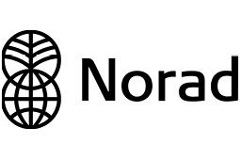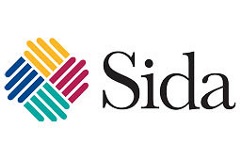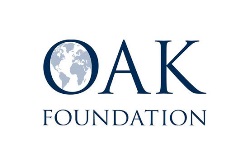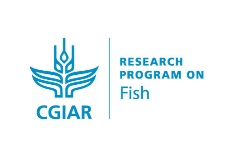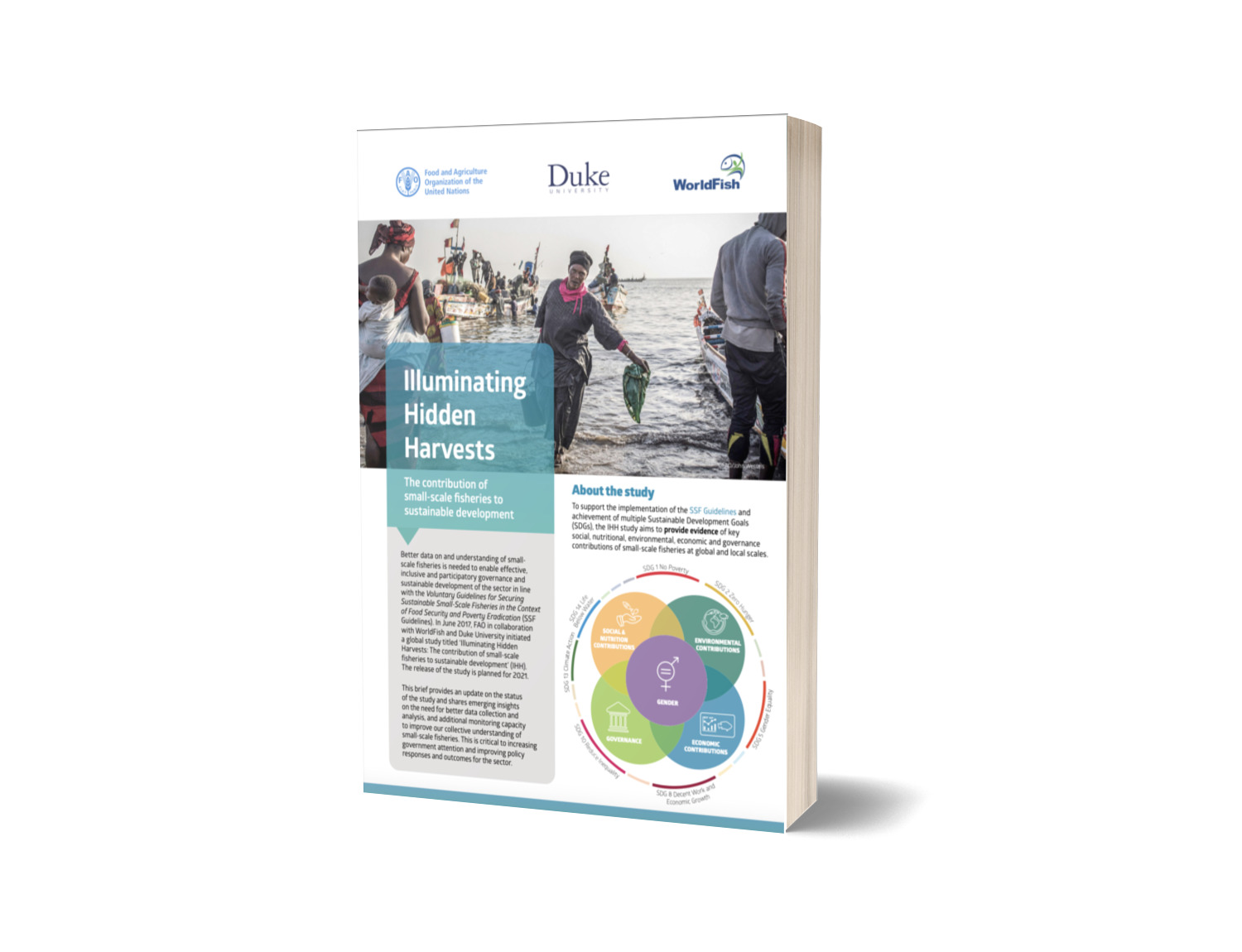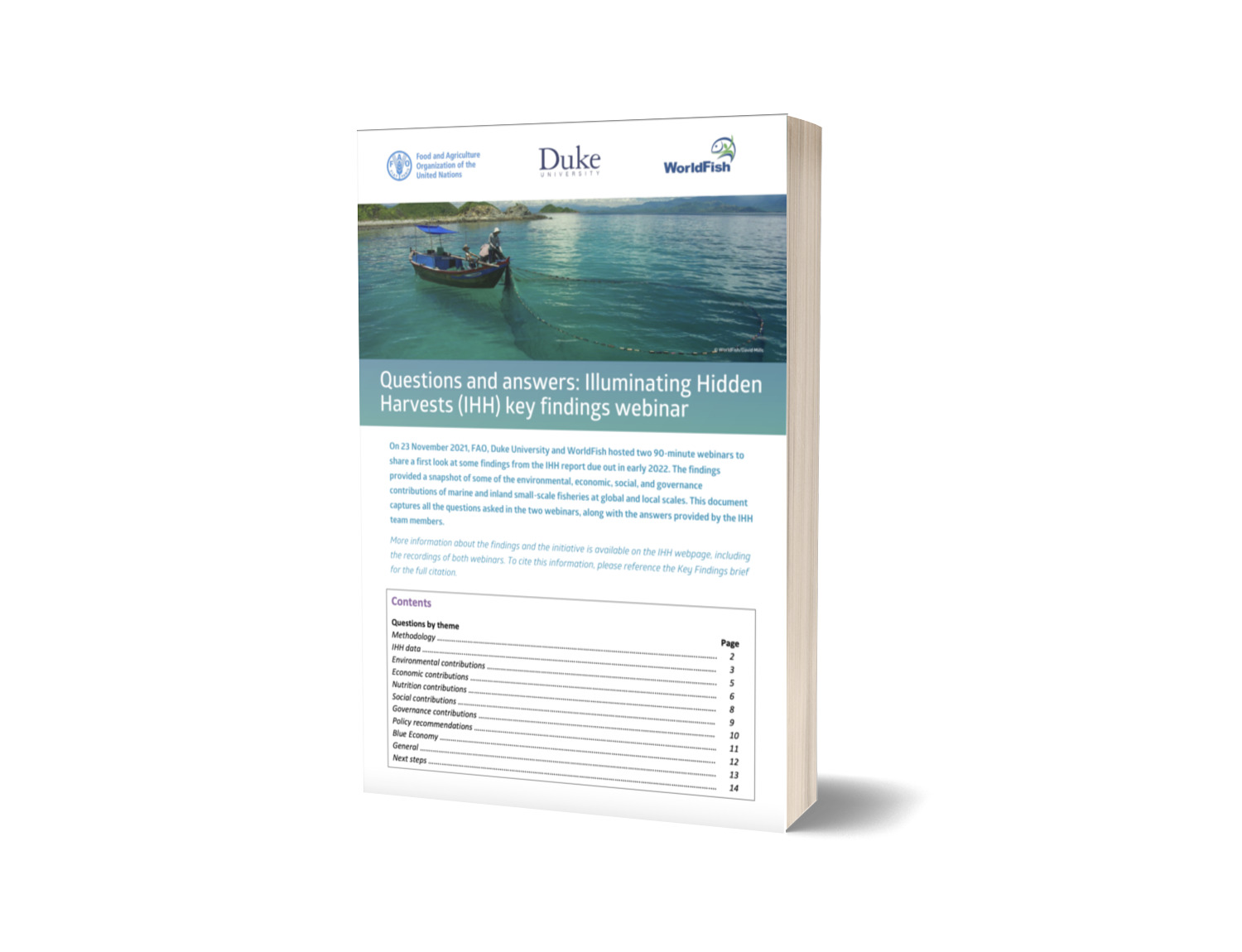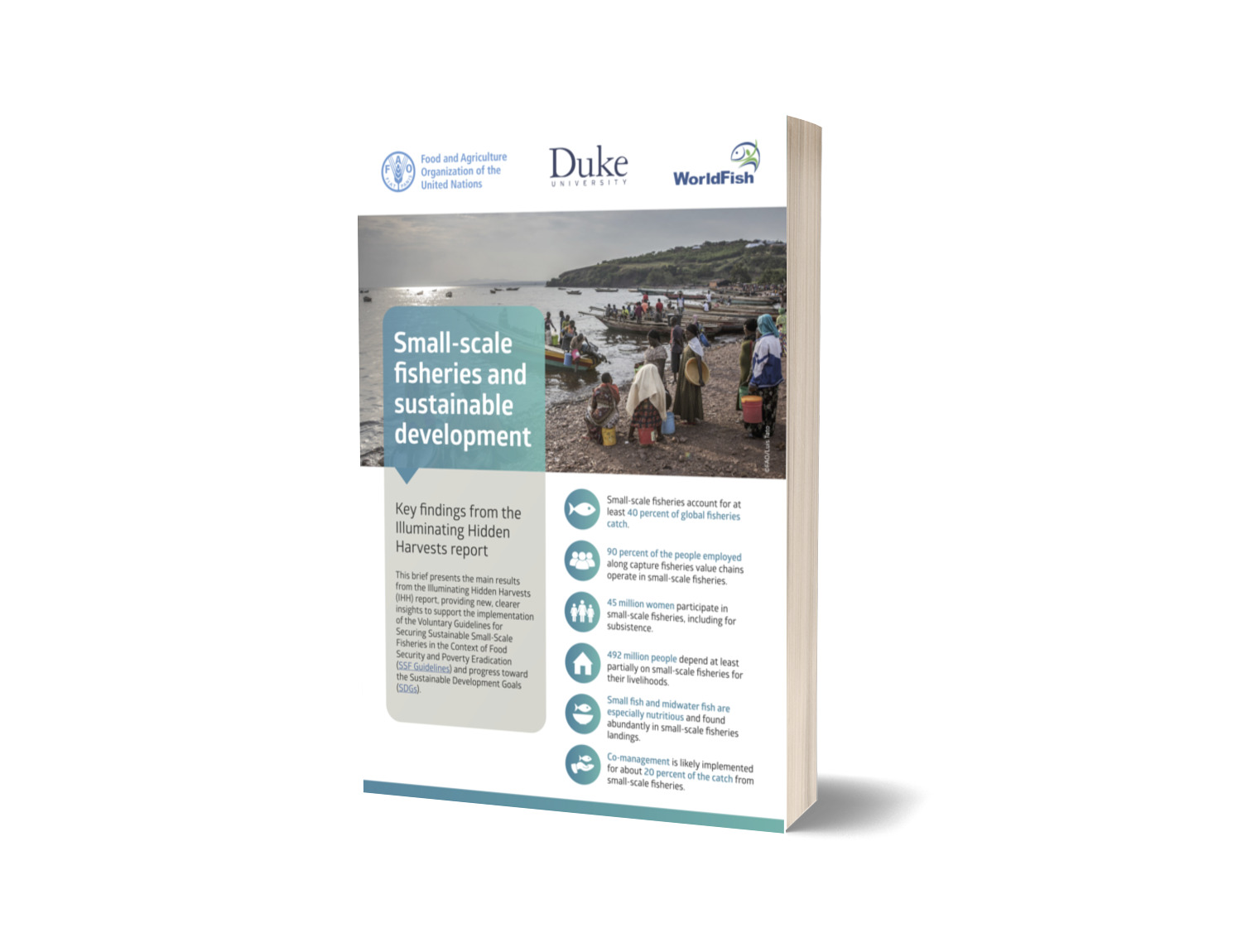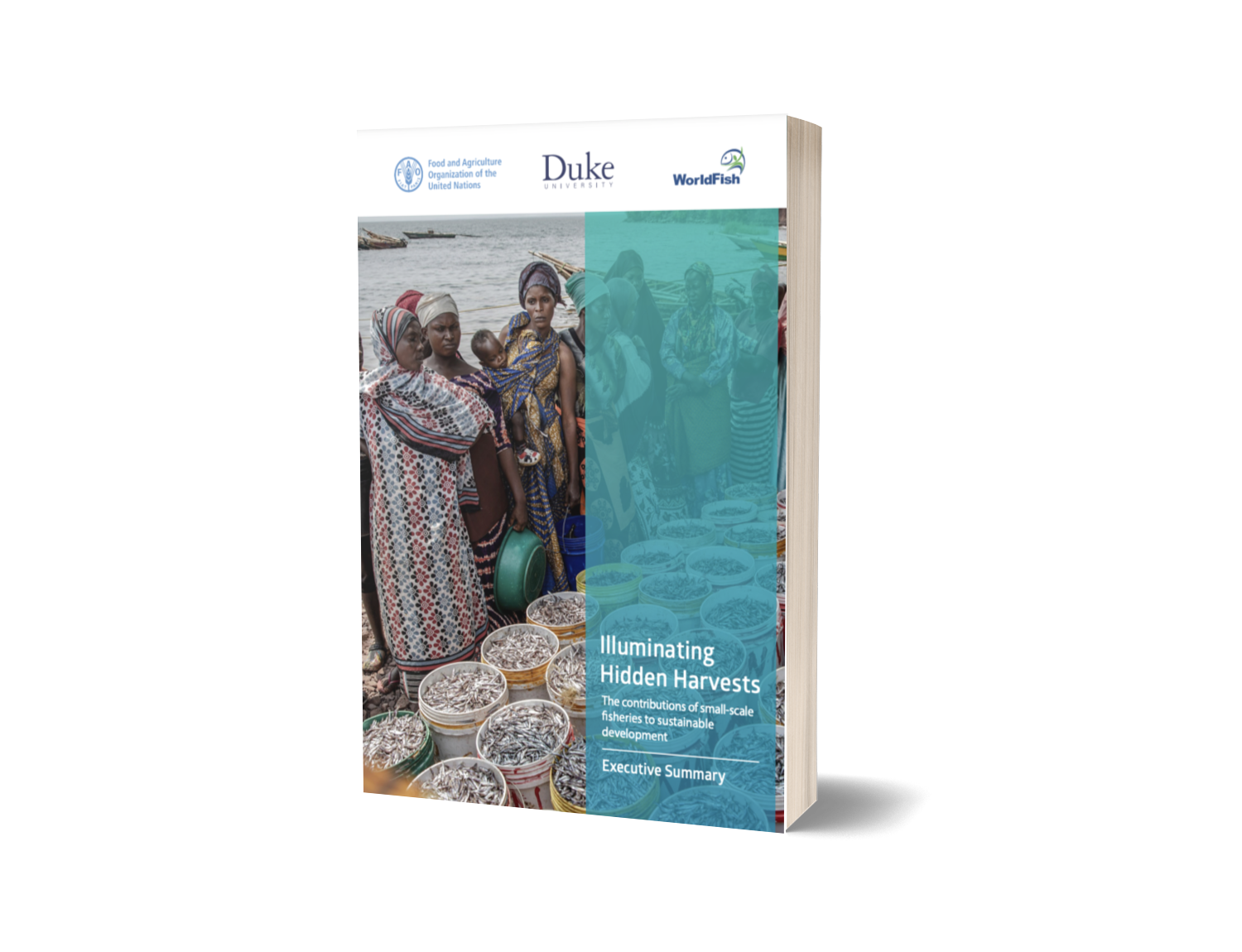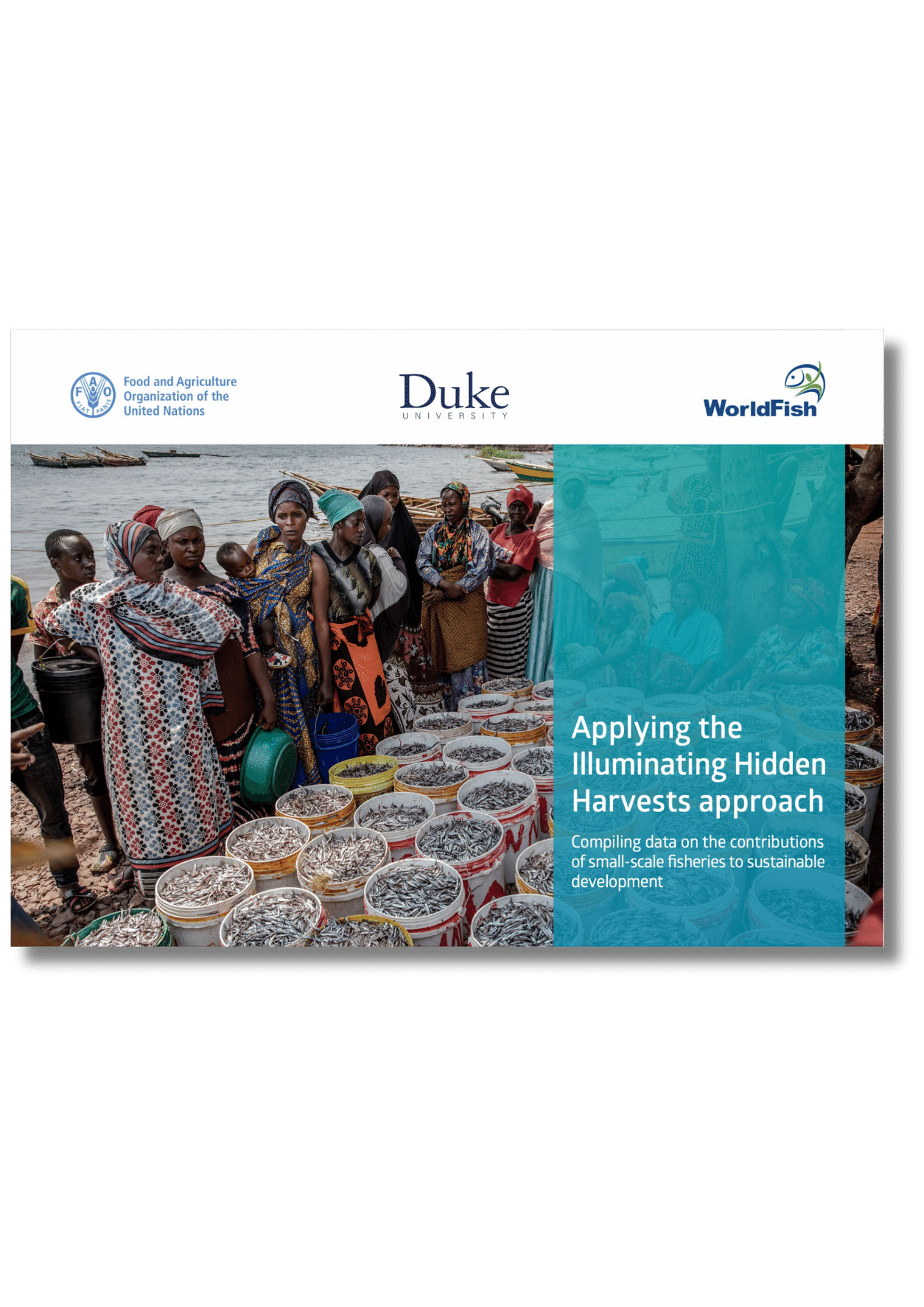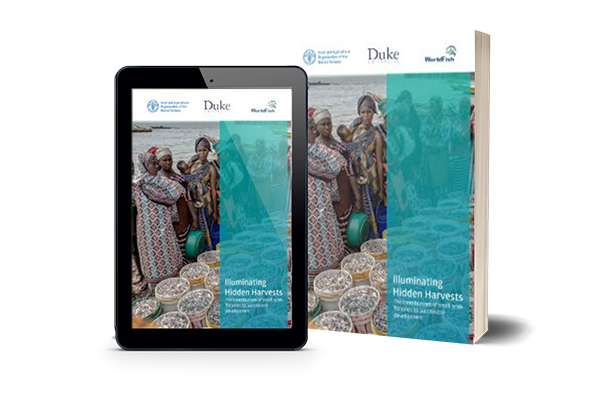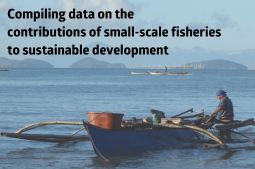Providing new evidence to drive positive policy change
Illuminating Hidden Harvests is a global initiative of FAO, Duke University, and WorldFish to generate and disseminate new evidence about the benefits, interactions and impacts of small-scale fisheries to inform policy and practice.
The initiative helps to inform all levels of policy-making processes and contributes to empowering fishing communities, their organizations, and advocates to make a strong case for productive, sustainable and equitable small-scale fisheries.
In this way, the IHH initiative supports the implementation of the Voluntary Guidelines for Securing Sustainable Small-Scale Fisheries in the Context of Food Security and Poverty Eradication and progress towards the UN’s Sustainable Development Goals.
A key output of the IHH initiative is a major report, which provides a snapshot of the diverse contributions of small-scale fisheries globally. The report—which draws on diverse data sources, 58 country case studies, and 104 government questionnaires—represents a novel, multidisciplinary approach to assess and understand small-scale fisheries.
What are “hidden harvests”?
In many instances, small-scale fishery activities are informal and not counted. And because small-scale fisheries are diverse and dispersed, fully measuring their contributions is difficult. Often, information on small-scale fisheries (such as catch, employment, nutritional contribution, and governance arrangements) is not included nor disaggregated in official statistics—neither is it explicitly accounted for when designing national, regional, and global policies. As long as data on small-scale fisheries remains “hidden”, they will continue to be marginalized in policy-making processes, decision making and management.
Other IHH publications
Funded by
The IHH initiative has been funded by the Norwegian Agency for Development Cooperation, the Swedish International Development Cooperation Agency, Oak Foundation and CGIAR Trust Fund, with support from the CGIAR Research Program on Fish Agri-Food Systems.
